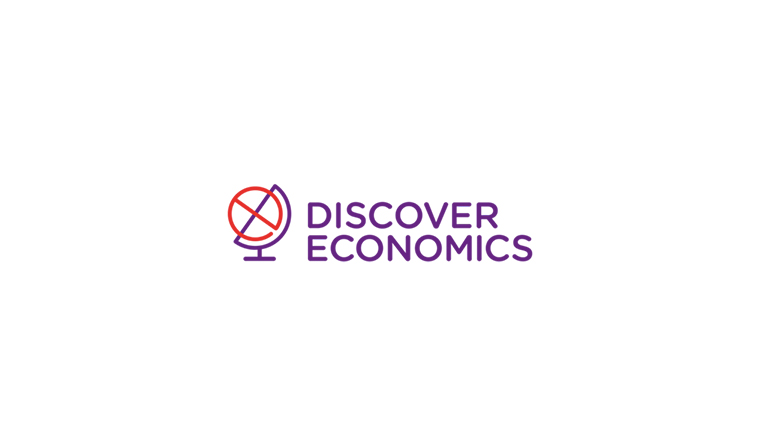
Discover Economics
Discover Economics is a Royal Economic Society campaign with the aim of increasing diversity in economics. The campaign works to broaden the appeal of economics to potential students, change their perceptions of economics and economists, and attract more students from under-represented groups. Discover Economics believes strongly that the discipline benefits from a diverse range of voices, because economists need to reflect the society they are aiming to shape.
Largest overseas economic aid package
The largest overseas economic aid package was the European Recovery Program (better known as the Marshall Plan, named after US Secretary of State George Marshall). Between 1948 and 1952, the USA transferred $13.3 billion in aid to the war-ravaged states of Western Europe. Relative to the size of the US economy of the time, that's the equivalent of $1.3 trillion in 2024.
The Marshall Plan was launched by the USA in 1948 to help rebuild the economies of 16 European nations after the devastation of World War II. Under the leadership of Paul G Hoffman and the Economic Cooperation Administration (ECA), the US provided $13.3 billion over four years in the form of grants and loans. This aid played a critical role in restoring industrial and agricultural production, stabilizing financial systems and fostering international trade.
To facilitate the implementation, European countries, led by the UK and France, formed the Committee of European Economic Cooperation, which later became the Organisation for European Economic Co-operation (OEEC). The Marshall Plan was a resounding success, leading to a 15% to 25% rise in the gross national products (GNPs) of the participating countries. It was instrumental in the rapid renewal of key sectors such as chemicals, engineering and steel, solidifying the post-war recovery and political stability of Western Europe.



